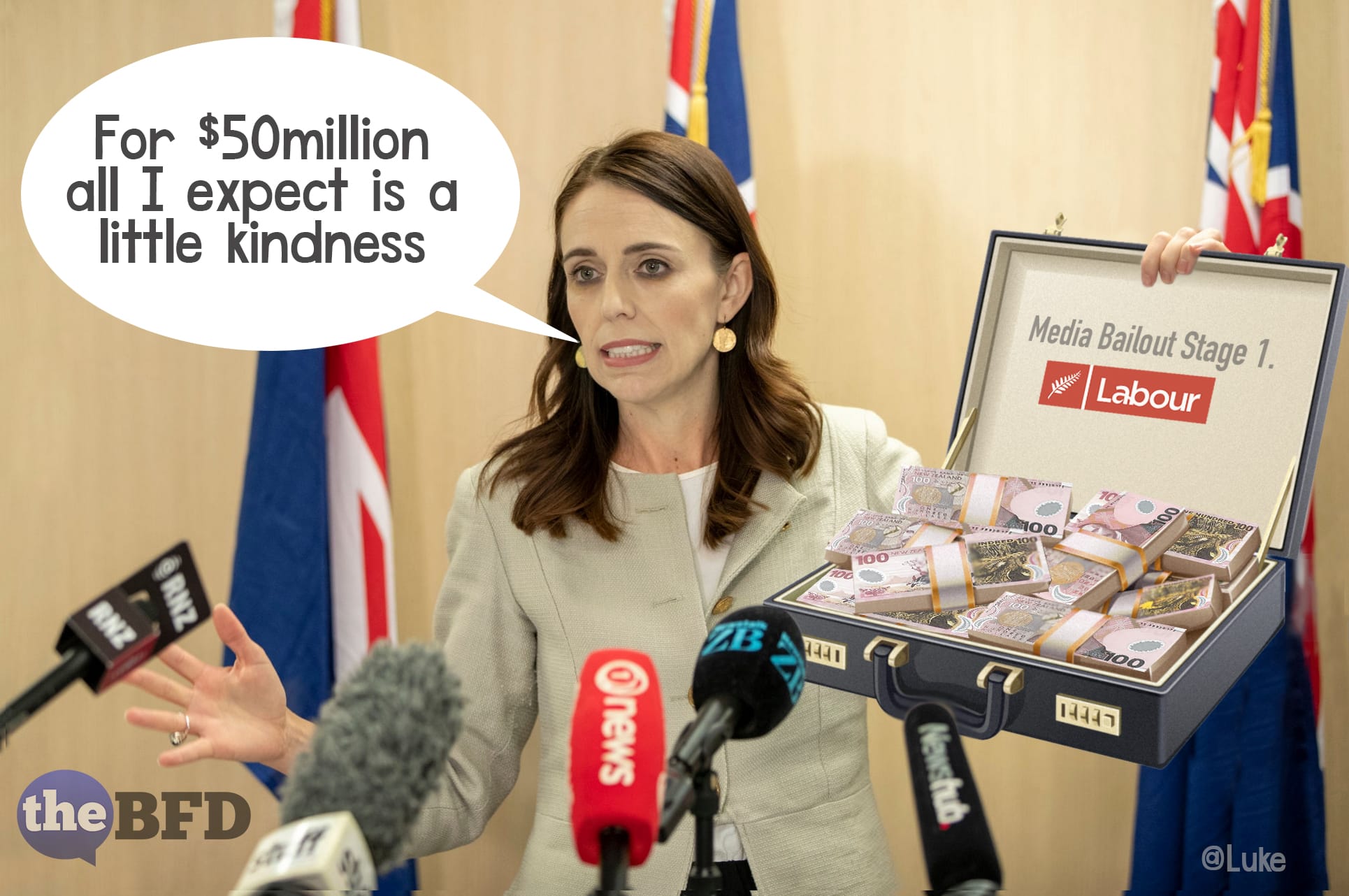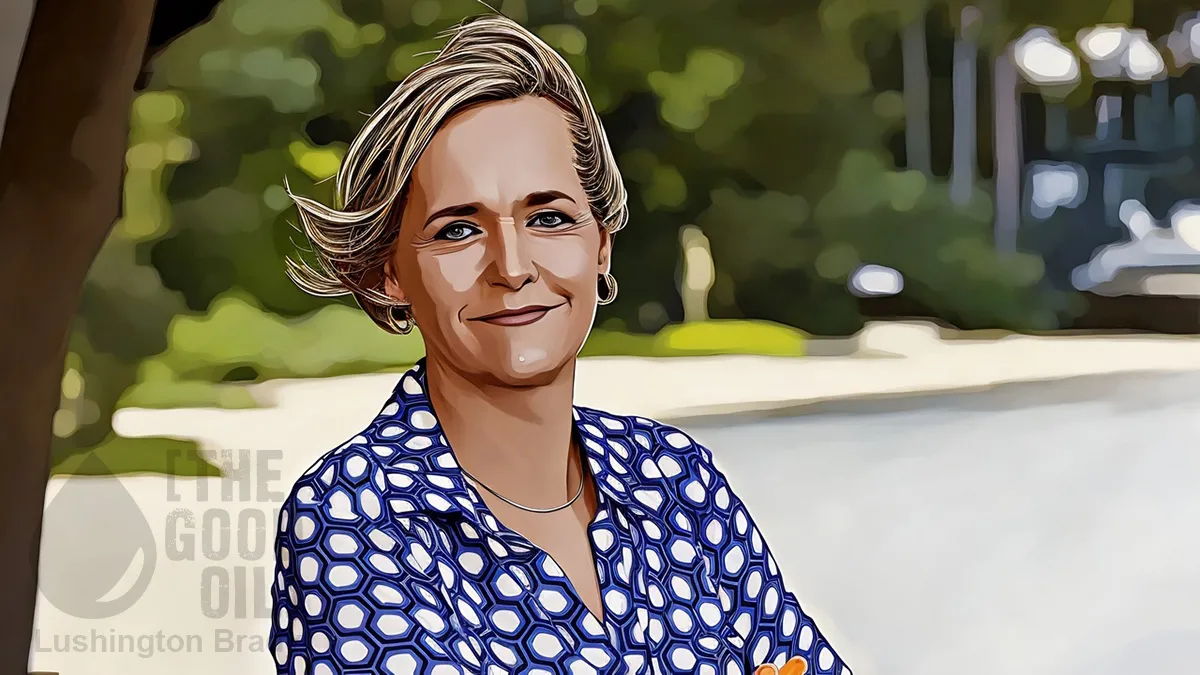Table of Contents
Melissa Lee
National Spokesperson for –
Broadcasting & Media| Digital Economy and Communications | Ethnic Communities
Long before politics, as a young news reporter and journalist, I was taught to stick to the facts and reveal next to nothing about my political persuasions. It was only in mid-2008 that my political values were made public as I stood for the National Party List in the election that swept the John Key led National government to power.
Look ahead to 2021 and almost every leading and emerging journalist in New Zealand is happy to share their day to day political thoughts on Twitter and Facebook and pretend that this is not going to cause an ongoing question about media bias in their reporting. I laughed bitterly earlier this year when two journalists on a podcast sounded off righteous indignation about my questioning whether recent substantive increases in public funding for the media sector could create a question of bias.

We see Stuff, one of New Zealand’s largest media platforms, making categorical decisions on particular political issues of the day, such as Maori Affairs reporting and Climate Change, and we see NZME de-platforming writers who proffer opinions that could be challenging for some readers to hear.
One of the nation’s most respected newsreaders has also now come out on the climate change issue while still fronting the 6pm news stating, “If it’s happening, it’s happening. I got sick of climate change sceptics being interviewed for stories because there is really no need to hear their opinion.” Regardless of the facts of the policy, those sentiments being known and that opinion being publicly made by a journalist with a responsibility to report the story and not be the story, are deeply problematic when our trust in the media is getting lower each year. We see it with other journalists too and I question whether RNZ’s own staff are following their Editorial Policies to avoid being accused of bias in their reporting based on comments made off-air.
We are also paying for many of these journalists’ careers now, not just through student loans or RNZ but through the $55m Public Interest Journalism Fund and other pots of money the current Labour-led government has established. That fund is also quite politicised due to the fact that it will fund some types of political reporting but not others, and this is a real concern.
Regardless of the question of political interference in operational matters at our public media institutions, the reality is that despite legal prohibitions to prevent the government from interfering in the decisions of our publicly owned broadcasters, we must question how politicised our publicly funded media have become.
Many New Zealanders write to me and members of the National Caucus, concerned about media bias and unequal reporting between Government and Opposition as well as a variety of topics that transcend the political divide. We must question whether the current state of affairs can continue without impacting the future of news reporting and journalism permanently.
Today we see journalists as far more likely to burn a source for a quick scoop than produce high-quality investigative content. We see producers and content creators for our main mastheads make clear and unequivocal political statements, leaving little wiggle room for their staff to write articles without the looming viewpoint of their Chief Executive or Head of Journalism taking centre stage.
We are losing diversity of perspective in our media platforms as well; while former MPs and political braggarts are seen from time to time being granted the privilege of an Op-Ed, it is now a near nullity to see a day of news without questioning the bias of each reporter presenting or writing.
Something has to change. What do you think?
Please share so others can discover The BFD.









